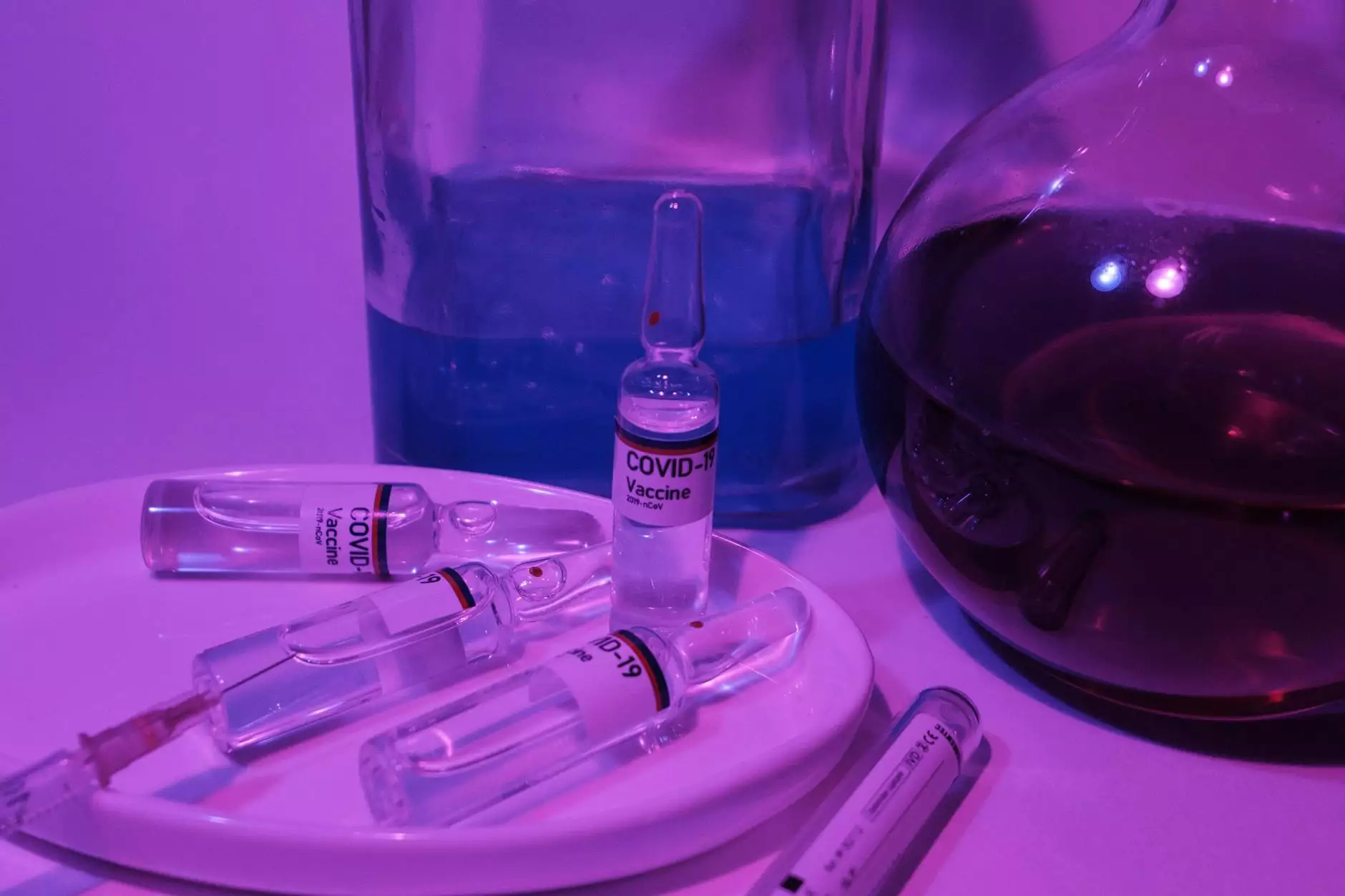Arrhythmia Management: A Comprehensive Guide

Introduction
Welcome to Life Science Market Research, your go-to source for valuable insights into the Health & Medical industry, particularly in the field of Medical Centers. In this comprehensive guide, we will dive into the topic of Arrhythmia Management, equipping you with the knowledge and understanding necessary to effectively manage this condition and promote a healthier heart.
Understanding Arrhythmia
Arrhythmia refers to an abnormal heart rhythm, where the heart beats too fast, too slow, or irregularly. It affects millions of individuals worldwide and can lead to serious health complications if left untreated. Arrhythmias can be caused by various factors, including heart disease, high blood pressure, stress, and certain medications.
Early detection and proper management of arrhythmia are essential for maintaining heart health. If you experience symptoms like palpitations, dizziness, or shortness of breath, it is crucial to consult a healthcare professional for a comprehensive evaluation and diagnosis.
Arrhythmia Diagnosis
To effectively manage arrhythmia, an accurate diagnosis is key. Healthcare providers employ several diagnostic tests to identify and evaluate different types of arrhythmias. These tests may include:
- Electrocardiogram (ECG): This non-invasive test records the electrical activity of the heart, providing valuable insights into the heart's rhythm and detecting any irregularities.
- Holter Monitor: A portable ECG device worn by the patient for 24 to 48 hours, continuously monitoring heart activity to identify intermittent arrhythmias.
- Event Monitor: Similar to a Holter monitor but worn for an extended period, an event monitor is often used when arrhythmias occur infrequently.
- Echocardiogram: This imaging test uses sound waves to create a detailed picture of the heart's structure and function, helping to detect any underlying heart conditions contributing to arrhythmias.
Treatment Options for Arrhythmia
Once diagnosed, there are several treatment options available to manage arrhythmias effectively. The most suitable treatment plan depends on factors such as the type and severity of arrhythmia, overall health, and patient preferences. Some common treatment options include:
- Lifestyle Modifications: Adopting a healthy lifestyle can significantly contribute to arrhythmia management. This includes regular exercise, stress reduction techniques, a balanced diet, and avoiding stimulants like caffeine and alcohol.
- Medications: Your healthcare provider may prescribe antiarrhythmic medications to control heart rhythm. It is essential to follow the prescribed dosage and seek regular medical monitoring while on medications.
- Cardioversion: This procedure involves restoring a normal heart rhythm by using a controlled electric shock or special medications.
- Catheter Ablation: A minimally invasive procedure where radiofrequency energy is used to destroy abnormal heart tissue responsible for the arrhythmia.
- Implantable Devices: In some cases, your healthcare provider may recommend implanting devices like pacemakers or implantable cardioverter-defibrillators (ICDs) to help manage and regulate heart rhythm.
Prevention and Long-Term Management
While arrhythmias can be challenging to prevent altogether, adopting a proactive approach to heart health can significantly reduce the risk and severity of episodes. Here are some crucial steps to consider:
- Regular Cardiac Check-ups: Schedule regular appointments with your healthcare provider to monitor your heart health and detect any potential issues early on.
- Stay Active: Engage in regular physical activity to strengthen your heart and improve overall cardiovascular health. Consult with your doctor before starting any new exercise program.
- Manage Stress: Stress can trigger arrhythmias, so it's important to find effective ways to manage stress levels. Consider relaxation techniques, meditation, or counseling if needed.
- Quit Smoking: Smoking increases the risk of heart disease and worsens arrhythmias. Seek support to quit smoking and start the journey towards a smoke-free life.
- Healthy Diet: Follow a well-balanced diet rich in fruits, vegetables, whole grains, lean proteins, and omega-3 fatty acids. Limit the intake of processed foods, sugar, and salt.
- Limit Alcohol and Caffeine: Excessive alcohol and caffeine consumption can trigger arrhythmias. Moderation is key, and it's best to consult your doctor regarding your specific situation.
Conclusion
Arrhythmia management is crucial for maintaining a healthy heart and overall well-being. By understanding the condition, seeking timely diagnosis, and following a comprehensive treatment plan, individuals with arrhythmias can lead fulfilling lives. Remember to consult your healthcare provider for personalized advice and guidance tailored to your specific needs.
At Life Science Market Research, we strive to provide valuable information and resources to support individuals in making informed decisions about their health. Stay tuned for more insightful articles and industry updates!









